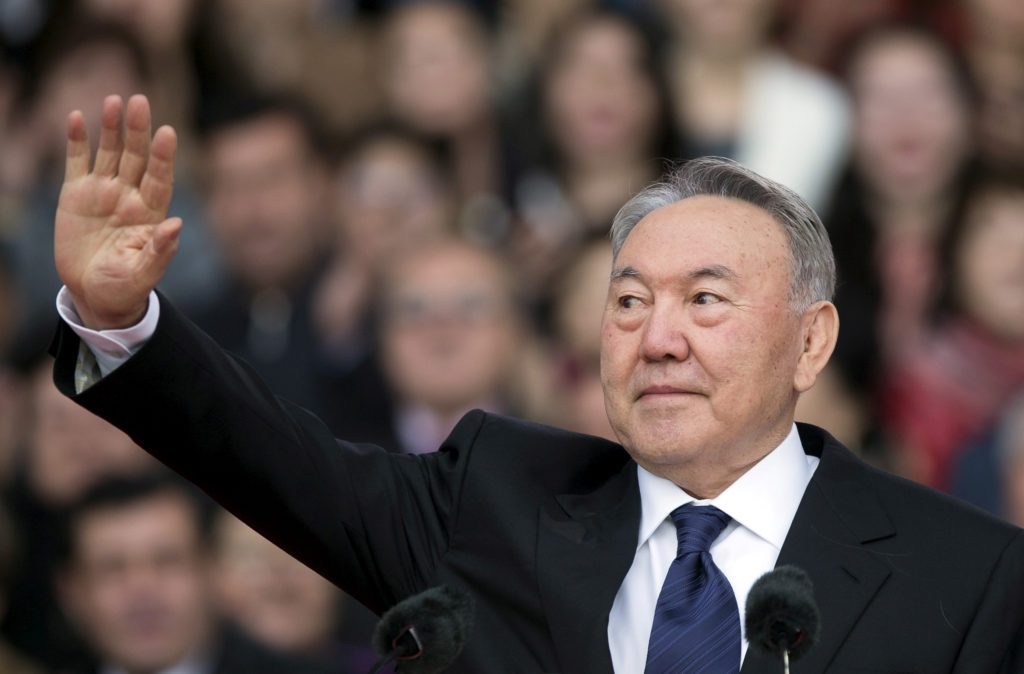Kazakhstan will hold an early presidential election on 9 June, Kazakh President Kassym-Jomart Tokayev announced earlier this week.
Tokayev called for the early election after assuming the office on 20 March, following the surprise resignation of first President Nursultan Nazarbayev.
The snap presidential elections aim to resolve the transit of power as quickly as possible. “We need to clear up any ambiguity, in order to ensure public and political accord, confidently move ahead and settle the issues related to our socio-economic development. This can only be done through the direct expression of the will of the people through an election, said Tokayev in his address.”
According to the legislation of Kazakhstan, candidates for the President can be nominated only by political parties and nationwide public associations, and must be supported by at least one per cent of the total number of registered voters, equally representing at least two thirds of regions, cities of national significance and the capital of the Republic of Kazakhstan.
Until now ex-President Nazarbayev was at the centre of the country’s major initiatives and cemented his position on the world stage as a major advocate of peace and reconciliation.
Kazakhstan has never had any other leader than Nazarbayev. Popular locally, he successfully led the country’s economic nation-building following independence in 1991. He gave up the nuclear arsenal inherited from the former Soviet Union, closed nuclear test sites and devoted much efforts promoting international nuclear disarmament.
At the Europe-Asia ASEM summit last October in Brussels, he voiced concern about a global military confrontation between the main powers, and offered Kazakhstan as a platform for a meeting between the leaders of the US, Russia, China and the EU.
He also proposed to hold a conference in Kazakhstan next year on security and defence at a global level. This will coincide with the 45th anniversary of the Helsinki Final Act of 1975, which the former Kazakh President stressed needed to be reformed in order to become more relevant to this day and age.
“As the President of Kazakhstan for almost 30 years, he has driven forward modernisation reforms, including constitutional reforms. President Nazarbayev has played an important role in promoting cooperation both regionally and globally, with a particular emphasis on promoting peace, stability and security,” EU’s the spokeswoman for the European Union’s foreign policy chief Federica Mogherini stated after Nazarbayev's resignation.
Kazakhstan, which remains a key partner for the EU in the region, was the first Central Asian country to sign an ‘Enhanced Partnership and Cooperation Agreement’ with the EU. The European Union is now Kazakhstan’s largest trade partner, as well as the first foreign investor in Kazakhstan.
The European Union is closely monitoring the changing situation of its key partner in Central Asia. “In line with the constitution of Kazakhstan and its commitment to international standards, we look forward to a credible and inclusive Presidential election which respects the will of the Kazakh people," its delegation in Kazakhstan released in a statement regarding the snap presidential elections.
“Relations between the European Union and the Republic of Kazakhstan are based on our common values and commitment to strengthen the promotion and protection of fundamental freedoms and human rights, the respect for democratic principles, the rule of law and good governance,” the EU statement further reads.
The Brussels Times

